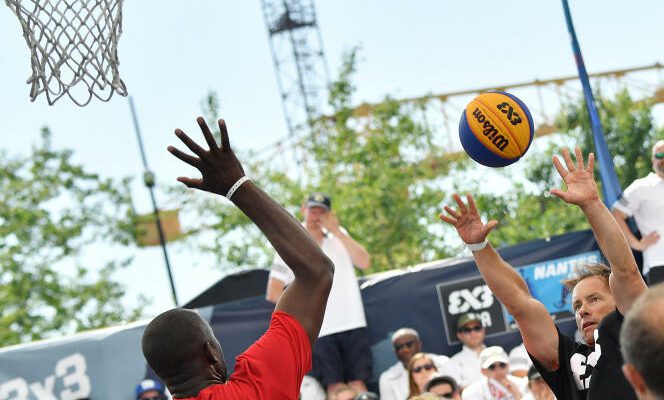The figure speaks volumes: in 2018, two thirds of French men and women who practiced a physical or sporting activity said they do it in a self-organized way and not through a license in a club. The Covid-19 crisis has reinforced the trend. Even though the government has seized the opportunity of the 2024 Olympic-Paralympic Games to mobilize on the development of sports practice, this distancing from the associative framework constitutes one of the main challenges facing the latter, and its ability to respond to them is questioned.
The issue is identified by the sports movement. “The freer, more autonomous practice, the leisure practice, without ambition to participate in competitions is a considerable evolution and there is an obligation to integrate it”agrees Sébastien Poirier, vice-president of the French National Olympic and Sports Committee (CNOSF).
However, the local elected officials, privileged interlocutors of the clubs, doubt the extent of the awareness by these of the need to organize the practice differently if they want to avoid withering away. “Federations have integrated changes in demand, sometimes with delay – basketball with 3 × 3, or tennis with padel – others have not”notes David Lazarus, co-president of the sport and Olympic and Paralympic Games (JOP) commission of the Association of Mayors of France. “The federal level has rather taken into account these societal changes. In the intermediate levels, it is more complicated. That’s where the work is.” completes Vincent Saulnier, secretary general of the National Association of elected officials in charge of sport (Andes).
“Modernized and differentiated pricing policies”
If the Ministry of Sports and JOP also notes that“it is not natural” for the associative movement to adopt “a more user-oriented approach”, Mr. Poirier assures that the clubs have no choice: “There must be consideration of the non-competitive public. There is a real transformation to be made. »
To try to capture this public, resistant to a club framework deemed too rigid, “it is on the license that a reflection is necessary”, continues the vice-president of the CNOSF. He quotes in support a study published on February 2: for 41% of the federations, the license is no longer the pillar of a model for the future. “Some are already talking about licensees-customers, some are working on the subscription”, the objective being to offer more flexibility. Other options could consist of offering licenses in different forms to meet the specific needs of practitioners and licensees, by offering more customization.
You have 26.59% of this article left to read. The following is for subscribers only.
